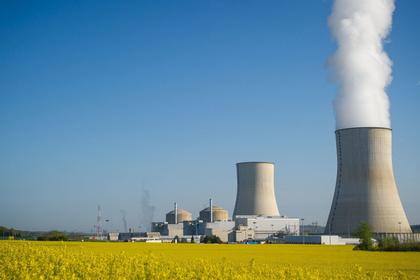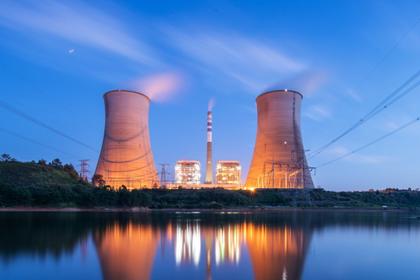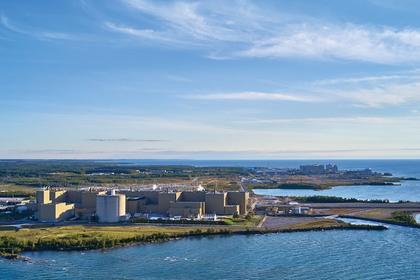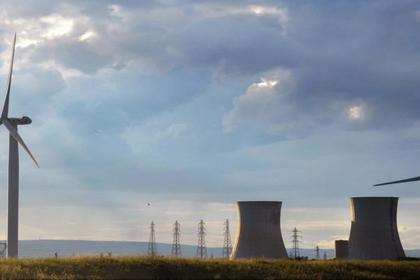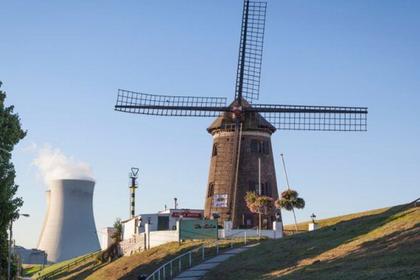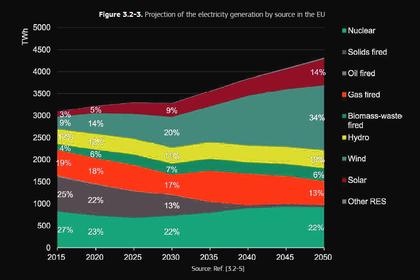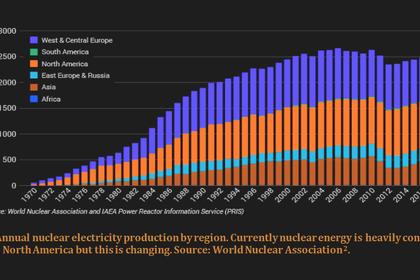
NUCLEAR POWER: CLEAN, LOW-CARBON, SUSTAINABLE
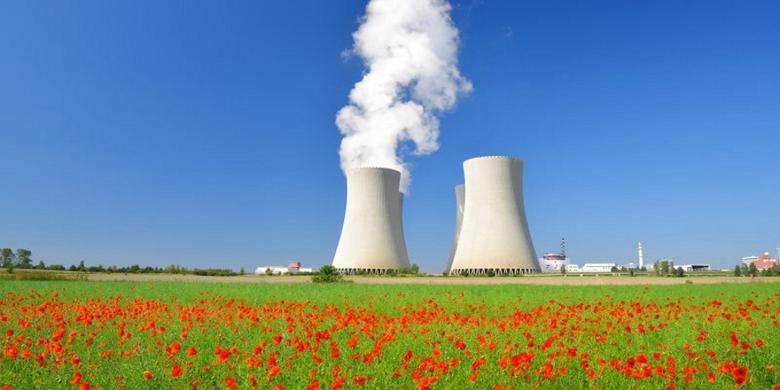
WNN - 14 May 2021 - World leaders have a critical opportunity at the G7 and Pre-COP summits "to set a bold new direction" in the fight against climate change, six nuclear industry groups say in an open letter published today. The letter was signed by the heads of the Canadian Nuclear Association, Europe's Foratom, the Japan Atomic Industrial Forum, the USA's Nuclear Energy Institute, the UK's Nuclear Industry Association and World Nuclear Association - respectively, John Gorman, Yves Desbazeille, Shiro Arai, Maria Korsnick, Tom Greatrex and Sama Bilbao y León.
Nuclear power is currently the biggest source of low-carbon electricity in developed economies and the second largest globally, but by 2040 more than 100 gigawatts of nuclear capacity is due to retire. Over the same period, global electricity demand is expected to increase by 50%. The choice policymakers face then is: risk "the single greatest loss of clean power in world history", or preserve and expand nuclear energy's proven contribution to curbing emissions.
"Last month, world leaders met to stress the need for urgent actions to address climate change. The Leaders Summit on Climate Change - and the commitments discussed - occurred against a daunting backdrop: economies around the world have less than 30 years to cut overall carbon emissions to net zero. Next month, the G7 will take up this challenge, as will international partners in Milan before COP26. These meetings offer a critical chance to set a bold new direction in our fight against climate change," the letter reads.
It lists the immediate steps needed to prevent the premature closure of existing nuclear generation capacity and to accelerate the scale and timeframe for investment in new nuclear capacity.
First, nuclear energy should be clearly recognised in national and international policies and conventions as clean, low-carbon and sustainable alongside other low-carbon, clean and sustainable energy technologies.
Second, national and international policy frameworks should ensure equal access to climate financing for all low-carbon energy sources, including nuclear, and clearly signal this to the private finance and investment community as it assesses each company and project on its merits through a full range of Environmental, Social and Corporate Governance metrics.
Third, countries should maximise the generating potential of their existing nuclear reactors and build replacements for retiring reactors, to ensure that the world does not lose clean power capacity.
Fourth, countries with existing civil nuclear energy expertise should support countries that wish to deploy nuclear energy responsibly, as well as expanding their own nuclear capacity.
And countries should include nuclear energy alongside other low-carbon energy technologies in their Nationally Determined Contributions and in their Low-Emissions Development Strategies.
"With these actions, global leaders can build on past investments in low-carbon capacity as they pursue technology-neutral policies that will make it possible for countries to deploy all the low-carbon options available," the letter reads.
Quoting Fatih Birol, head of the International Energy Agency (IEA), they wrote: "We do not have the luxury to exclude any clean energy technologies if we are serious about climate change."
The IEA will next week publish the world's first comprehensive roadmap for the energy sector to reach net-zero emissions by 2050. This will set out in detail what is needed from governments, companies, investors and citizens to fully decarbonise the energy sector and put emissions on a path in line with a temperature rise of 1.5 degrees Celsius. The IEA says this roadmap, to be published on 18 May, will "build momentum" ahead of the UN COP26 Summit in Glasgow in November.
-----
Earlier:
